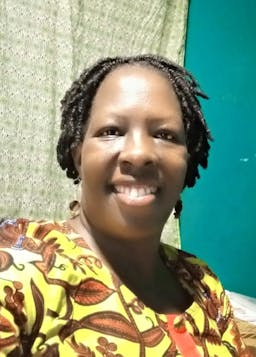Are Women in An Independent Country (Uganda) Independent?
Jan 21, 2015
Story
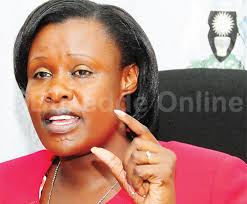
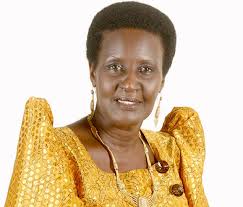
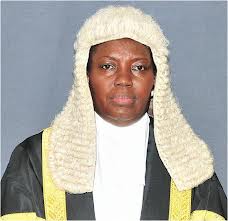
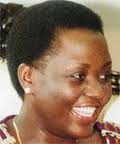
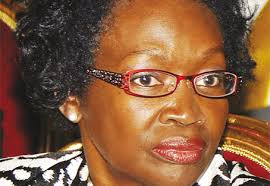
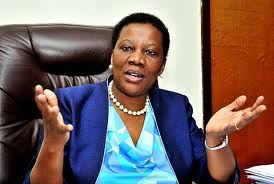
Our dear Pearl of Africa, Uganda, today (9th October 2013) celebrates its 51st year of independence. We celebrate, merry-make, party, name it, the attainment of our freedom from colonial powers (British), and have the power to make decisions that are just to its people irrespective of sex, race and age. Independence is about gaining freedom! Popularly known as ‘Uhuru’ (Kiswahili word)
How do we comprehend what an independent country means? However, as a woman, what do you understand by this great day? As women in Uganda, we need to reflect on this as individuals, a group and a country as a whole. I want to agree that everyone has their own definition of what independence is to a woman. Fifty years ago, things were different for womenfolk but today, women display a 'power' that was not very visible before. But we still face challenges!
Independence has a gender dimension embedded in it. Most independence struggles always highlighted men at the forefront at the expense of women’s contributions. Women’s achievements are not as well-regarded as those of the men who led military struggles. In the past Uganda has had a female vice president (Dr. Specioza Wandira Kazibwe) and currently has the first ever-female speaker of Parliament of Uganda; Rt. Hon. Rebecca Alitwala Kadaga.
Uganda’s current 9th Parliament has 129 women (34.4 percent), out of 375 members of Parliament, an increment of 3.4 percent from 8th Parliament. This increase is attributed to the increase in number of districts. We may highlight this as a great achievement but the fact that it came 51 years after independence speaks volumes of the struggle of women to make it to the top in the political arena.
A report by Isis-WICCE indicates that despite the gradual changes in attitudes among the population in accepting women political leadership, in Uganda fewer women vie for directly elected political seats which are traditionally seen as for men. There are currently only 28 percent women in cabinet- most of whom are junior ministers in Uganda. Even for women in powerful ministries like Energy, Finance, Education and Trade the most power rests somewhere else.
It is very clear that some major reasons why despite a rise in women’s participation in national politics many are yet to make big impact. The current political system has made it almost impossible for women to make decisions that make a big difference. The challenges to women in political leadership are enormous because of the bigger context of Uganda’s patriarchal and militarized political system.
Uganda’s political arena is marred commercialization of politics and tokenism. The Isis-WICCE report also mentions that women’s effective decision making is mainly constrained because of militarism, the nature of multiparty system and sexualized political space. Militarism is not about war as Ursula Franklin defines militarism as a threat system which has stripped off all its extraneous verbage- “Do what I tell you – or else.”
Prof. Josephine Ahikire, Associate Professor in Department of Women and Gender Studies, Makerere University expresses that the political parties are acting like cults of individuals in Uganda and so you cannot be able to forge a front as women leaders at national level. “The creation of an enemy based on mere difference and overly personalized political party agendas have made it extremely difficult for women to make a difference in Uganda politics despite their mass numbers in the ruling political party (NRM).
Besides the militarism, women leaders in Uganda also face sexual pacification.
The Woman MP Kasese District, Hon. Winfred Kiiza said: “One of the contestants called upon the people of Kasese district to save my marriage because if I were to go to Parliament I would find other men and leave my husband.” Another example of such incidence is when a parliamentarian from northern Uganda went to the district to speak about the Marriage and Divorce Bill that was put back on the shelves. While there he told constituents not to listen to the district woman MP because she was a prostitute. This level of sexualized politics comes in many forms, including the media that plays a role in sexual pacification of women leaders. Many have been called ‘off layers’, best legs’, ‘best butts and other comments meant to demean women in leadership.
While we acknowledge the advances Uganda has made in attaining equality in political participation over the last 51 years of independence, women in political leadership still face a tall order in going beyond their physical presence on the political scene.
References: Isis-WICCE 2013
